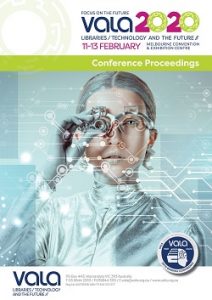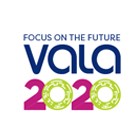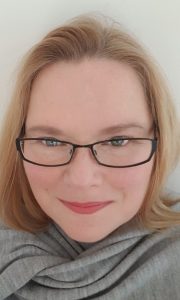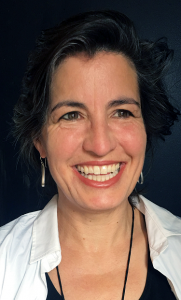 Separate but aligned: using internal partnerships to improve customer experience
Separate but aligned: using internal partnerships to improve customer experience
VALA2020 VENDOR SESSION 2
Wednesday 12 February 2020, 2:45 – 3:15
Sarah Petchell
- Training and Consulting Partner
- ProQuest
Please tag your comments, tweets, and blog posts about this session: #vala2020 #v3
Read the paper, view the video of the presentation on the VALAView channel and view the presentation slides here:
Abstract
In December 2015, ProQuest acquired Ex Libris. It was announced ProQuest would continue as the information-content arm, while Ex Libris would take over the management of the Workflow Solutions division. This paper will discuss how the integration has progressed by referencing recent projects between the two parts, provide details on internal realignments intended to increase efficiencies in product development designed to lead to an improved experience for both customers and end users. These projects and the ongoing roadmap are focused on continuing to improve the user experience of both ProQuest and Ex Libris products through streamlining workflows and enabling better data driven decision making.y.
This work is licensed under a Creative Commons Attribution-NonCommercial License.




 Separate but aligned: using internal partnerships to improve customer experience
Separate but aligned: using internal partnerships to improve customer experience Abstract
Abstract Abstract
Abstract